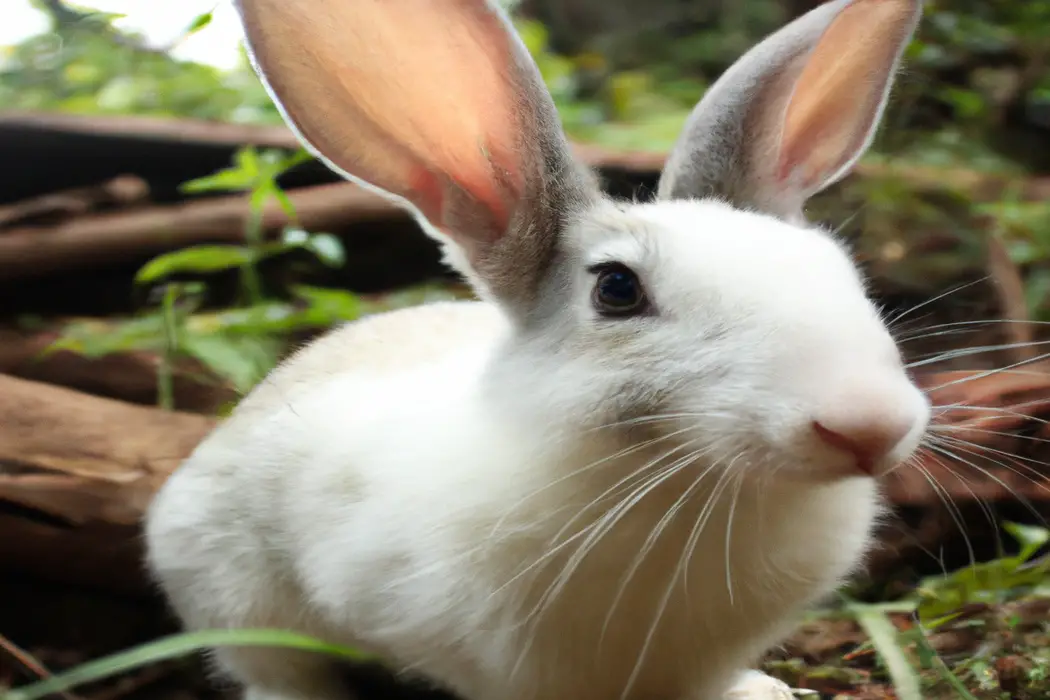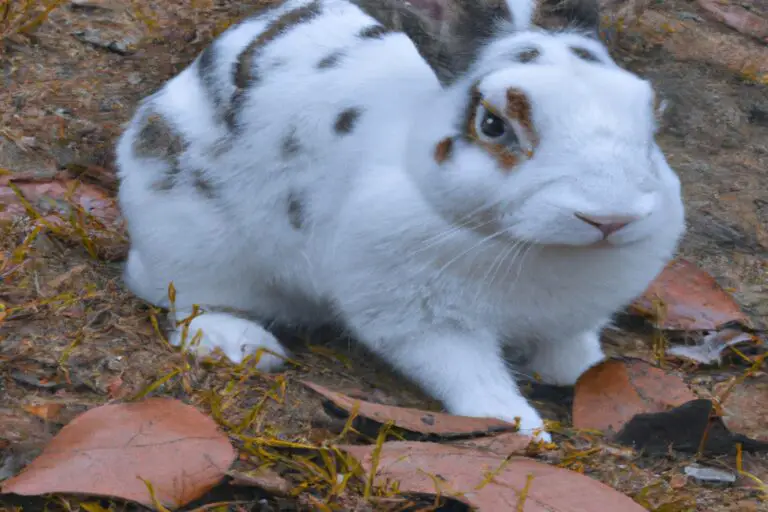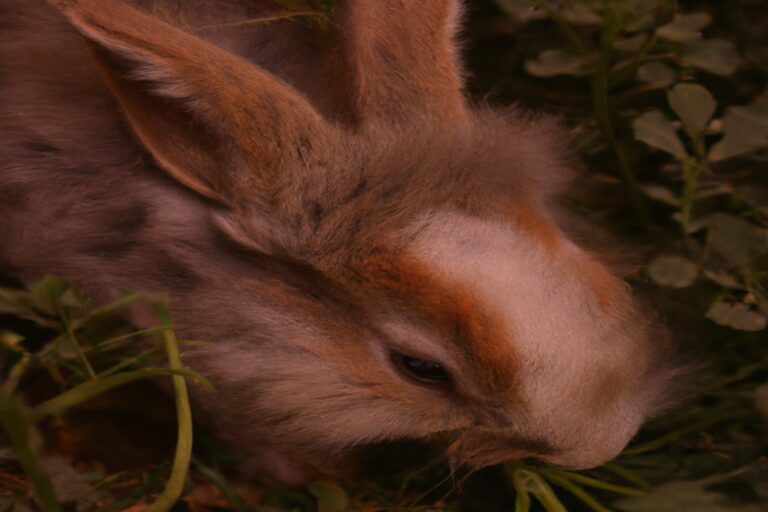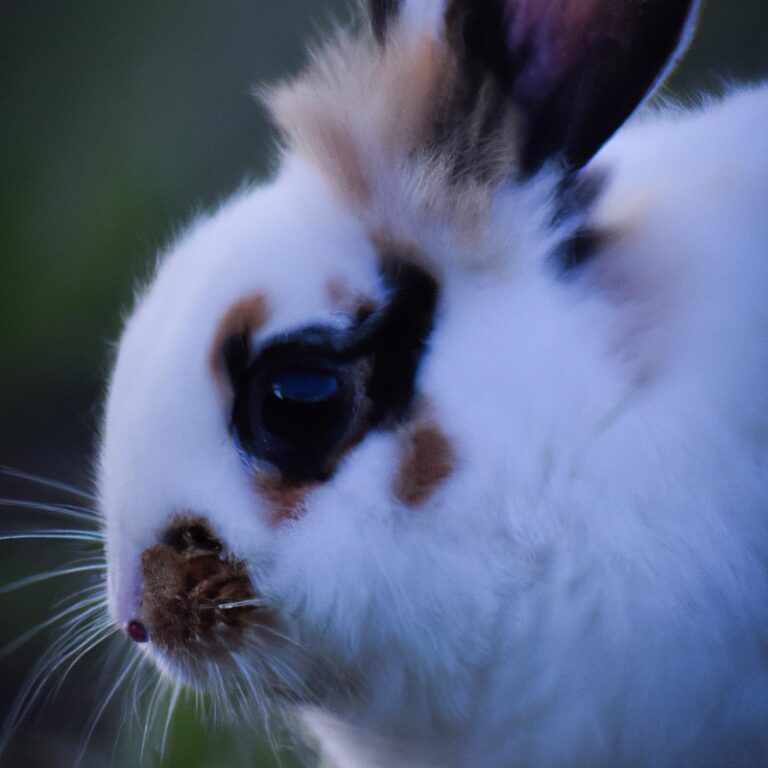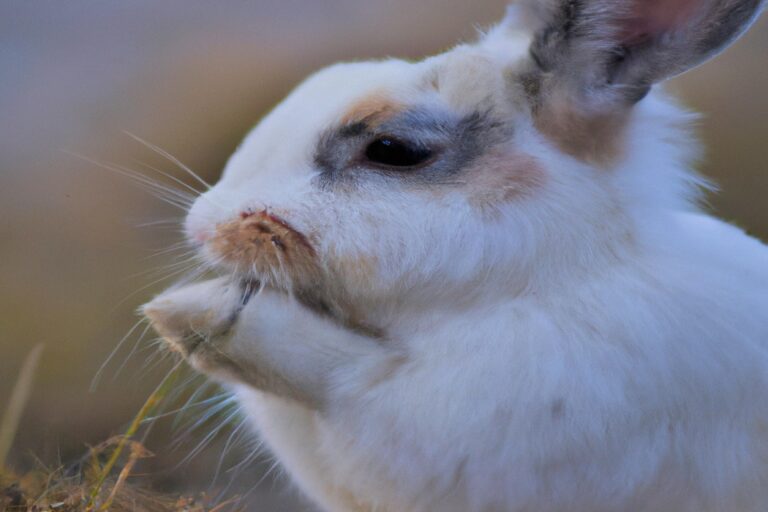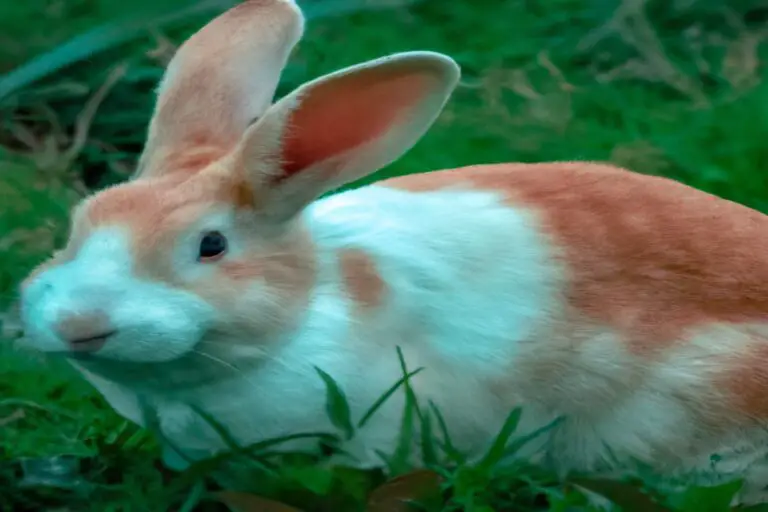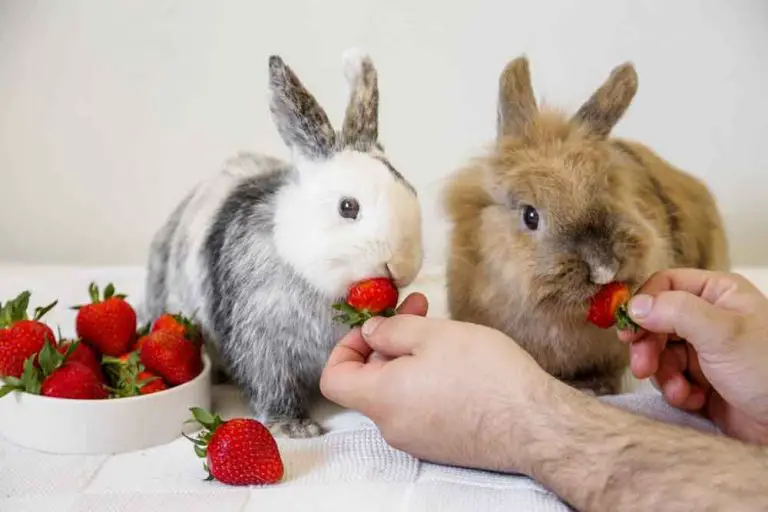Is Baking Soda Safe For Rabbits? Find out here!
Key Takeaways:
- Baking soda should not be used as a remedy for rabbits’ digestive issues.
- Ingesting baking soda can disrupt a rabbit’s delicate pH balance and harm their health.
- There are safer alternatives for treating digestive problems in rabbits, such as providing a balanced diet and expert veterinary care.
- Always consult with a veterinarian before using any home remedies or supplements on your rabbit.
Are you a devoted rabbit owner looking for the best cleaning solutions to keep your furry friend’s living space fresh and clean?
Well, you’re certainly not alone.
Baking soda is a common household product known for its versatile cleaning capabilities, but is it safe for rabbits?
In this article, we’ll explore the potential risks of using baking soda for rabbits.
From respiratory issues to digestive problems, we’ll delve into the dangers that may arise.
Don’t worry, though – we’ll also provide you with alternative natural options to ensure a safe and healthy environment for your beloved bunny.
So, let’s hop right in and find out if baking soda is a friend or foe for rabbits!
| Is Baking Soda Safe for Rabbits? | |
|---|---|
| Pros | Cons |
| Can help with mild digestive issues | May disrupt the natural pH balance in the digestive system |
| Can be used as a cleaning agent for rabbit supplies | Excessive consumption can lead to electrolyte imbalances |
| May provide temporary relief from certain skin irritations | Can be toxic if ingested in large quantities |
Understanding baking soda
Baking soda is a common household product with various uses.
What is baking soda and its common uses?
Baking soda is a versatile product that has many common uses.
It is a white powder that is often used in baking as a leavening agent, helping doughs and batters to rise.
It can also be used as a cleaning agent, helping to remove tough stains and odors.
Additionally, baking soda can be used as a natural deodorant, a soothing bath soak, and a gentle exfoliant for the skin.
Its uses extend beyond the kitchen and can be found in many households for everyday purposes.
Is baking soda toxic to rabbits?
Baking soda can be toxic to rabbits if ingested in large quantities.
It can cause digestive upset, electrolyte imbalances, and even organ damage.
Rabbits have sensitive digestive systems, so it’s best to avoid giving them baking soda altogether.
Stick to a natural and rabbit-friendly diet to keep your furry friend safe and healthy.
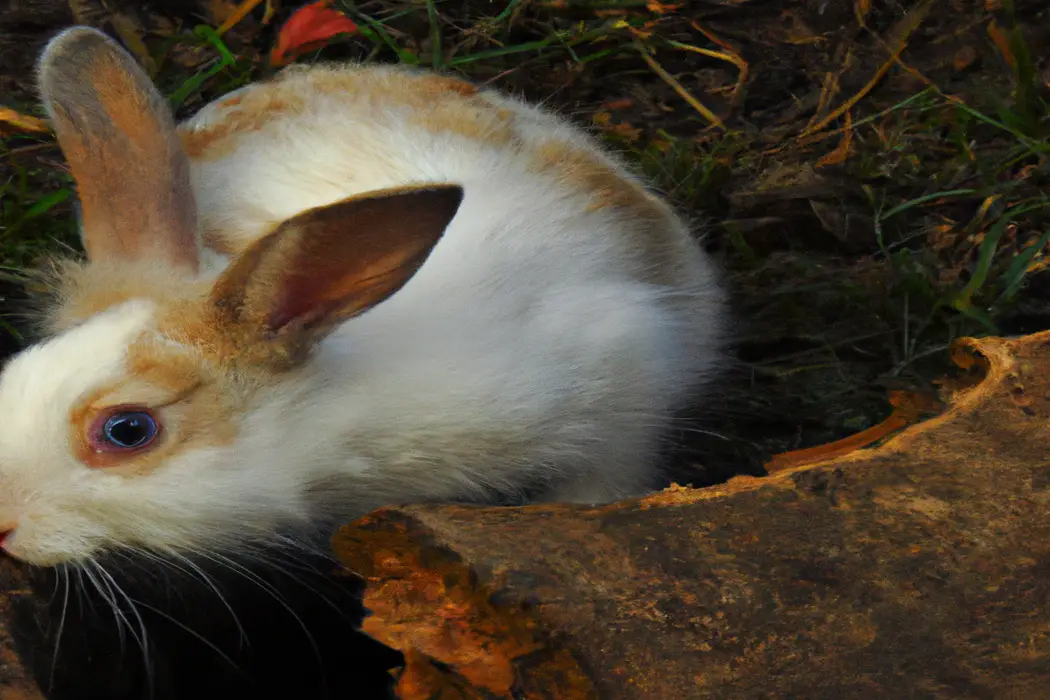
The potential risks of using baking soda for rabbits
Using baking soda for rabbits can pose potential risks, including respiratory issues and digestive problems.
Respiratory issues caused by baking soda
Using baking soda can lead to respiratory issues in rabbits. When rabbits inhale the fine particles of baking soda, it can irritate their respiratory system, causing coughing, wheezing, and difficulty breathing.
In severe cases, it may even lead to pneumonia or other serious respiratory infections.
It is important to avoid using baking soda near your rabbits or in their living area to protect their respiratory health.
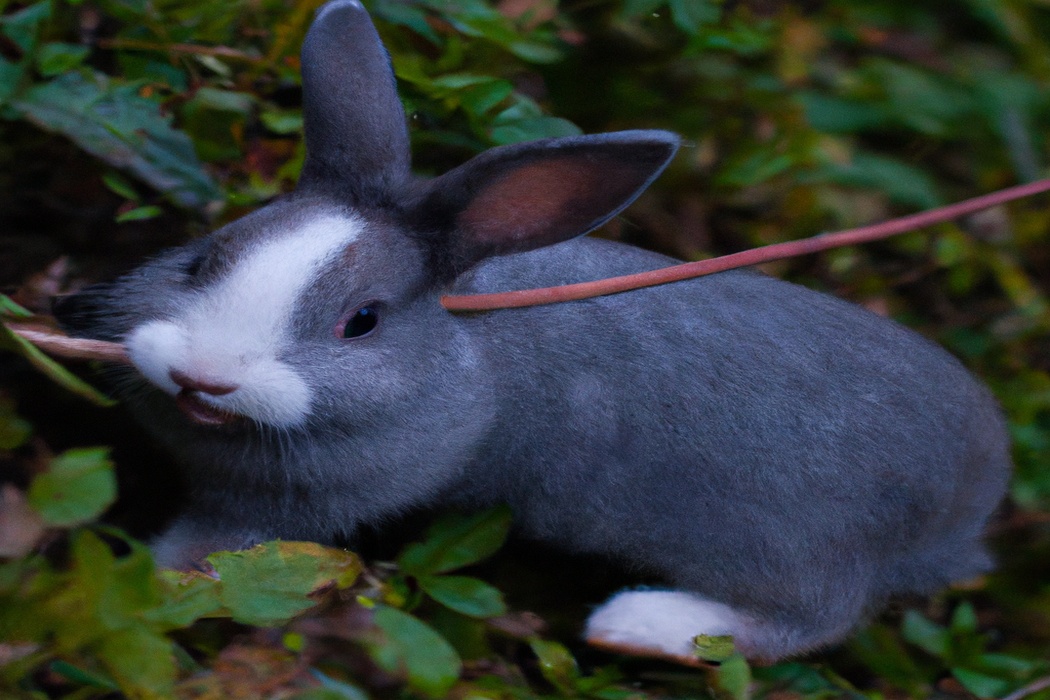
Digestive problems associated with baking soda ingestion
Ingesting baking soda can lead to digestive problems for rabbits.
Baking soda is known to disrupt the delicate balance of bacteria in the gut, which can result in diarrhea, bloating, and gas.
Additionally, the high sodium content in baking soda can cause dehydration and electrolyte imbalances in rabbits.
It is important to consult with a veterinarian before considering any home remedies or treatments involving baking soda for your rabbit’s digestive issues.
Alternative natural options for cleaning and deodorizing
If you’re looking for natural alternatives to clean and deodorize, consider using vinegar or rabbit-safe cleaning products.
Vinegar as a safe alternative
Vinegar is a safe alternative for cleaning and deodorizing in your home. It is a natural, non-toxic option that can effectively remove odors and bacteria.
You can use vinegar to clean surfaces, floors, and even pet bedding.
Just mix it with water in a spray bottle and you’re good to go. It’s budget-friendly, environmentally friendly, and safe for you and your pets.
So, next time you need to freshen up your space, grab a bottle of vinegar!
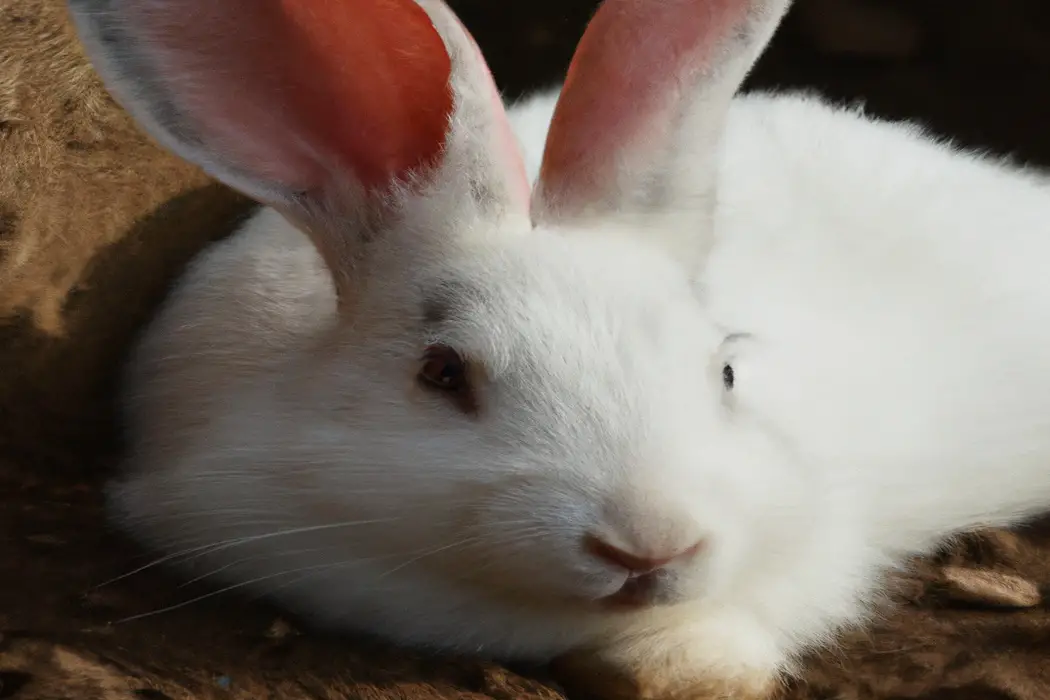
Natural rabbit-safe cleaning products
When it comes to cleaning products for your rabbits, it’s important to choose natural options that are safe for them. Some rabbit-safe cleaning products include:
- White vinegar: Mix equal parts white vinegar and water to create a safe and effective all-purpose cleaner.
- Lemon juice: Diluted lemon juice can be used to clean surfaces and remove stains.
- Baking soda: While it should be used with caution, baking soda can be sprinkled on carpets and then vacuumed to help eliminate odors.
- Castile soap: Look for a mild, fragrance-free castile soap to clean your rabbit’s toys and accessories.
When using any cleaning product, it’s important to test it in a small, inconspicuous area first to ensure your rabbit doesn’t have any adverse reactions. Always rinse thoroughly and avoid using anything with strong fragrances or harsh chemicals.
How to ensure a safe environment for your rabbit
To ensure a safe environment for your rabbit, focus on proper cleaning and maintenance practices while considering the unique needs and sensitivities of rabbits.
Proper cleaning and maintenance practices
Proper cleaning and maintenance practices are essential for ensuring the health and well-being of your rabbit.
Here are some key tips to keep in mind:
- Clean the cage regularly: Regularly remove any soiled bedding, uneaten food, and droppings from your rabbit’s cage. Thoroughly wash and disinfect the cage at least once a week to prevent the build-up of bacteria and odors.
- Provide fresh water: Make sure your rabbit always has access to clean, fresh water. Change the water daily and clean the water bottle or bowl regularly to prevent bacterial growth.
- Groom your rabbit: Regularly brush your rabbit to remove loose fur and prevent matting. Long-haired rabbits may require more frequent grooming to prevent their fur from becoming tangled or matted.
- Keep the living area clean: Keep your rabbit’s living area clean and free from hazards. Remove any small objects, wires, or toxic plants that could potentially harm your rabbit.
- Provide a safe outdoor space: If your rabbit has access to an outdoor area, make sure it is securely fenced and free from predators. Regularly check for holes or gaps in the fences to prevent any escapes or intrusions.
Understanding the needs and sensitivities of rabbits
Rabbits have specific needs and sensitivities that you should be aware of. Firstly, they need a well-balanced diet consisting of fresh hay, leafy greens, and pellets.
Secondly, they require plenty of space to exercise and explore, both indoors and outdoors if possible.
Thirdly, rabbits are social animals and need companionship, so consider getting them a rabbit friend. Additionally, rabbits are sensitive to loud noises, extreme temperatures, and certain foods, so it’s crucial to provide them with a quiet and comfortable environment.
Being mindful of these needs will ensure a happy and healthy rabbit companion.
Frequently Asked Questions
Can rabbits be exposed to baking soda without any harm?
Yes, rabbits can be exposed to baking soda without any harm. Baking soda is generally safe for rabbits when used in small amounts for short periods of time.
It can be used as a remedy for digestive issues or to neutralize odors in their living area.
However, it is important to consult with a veterinarian before using baking soda on your rabbit, as individual health conditions and sensitivities may vary.
How should I clean my rabbit’s living space without using baking soda?
To clean your rabbit’s living space without using baking soda, there are a few alternative methods you can try.
- Vinegar and water solution: Mix equal parts of white vinegar and water in a spray bottle. Spray the solution on the surfaces of the cage or litter box, and wipe clean with a cloth or sponge.
- Lemon juice: Dilute lemon juice with water and use it as a natural cleaning solution. It has a pleasant scent and can help in removing stains and odor.
- Enzyme cleaners: Look for enzyme-based cleaners specifically designed for pet messes. These cleaners break down organic matter effectively and are safe to use around rabbits.
Remember to rinse the surfaces thoroughly, removing any residue from the cleaning products, to ensure the safety of your rabbit.
Are there any other household products that are harmful to rabbits?
There are several other household products that can be harmful to rabbits.
These include:
- Cleaning products: Avoid using harsh chemicals like bleach, ammonia, or disinfectants around your rabbit, as they can be toxic if ingested or inhaled.
- Pesticides and insecticides: Keep your rabbit away from areas where these products are used, as they can be toxic if consumed or if your rabbit comes into contact with them.
- Houseplants: Some common houseplants, such as lilies, philodendron, and azaleas, are toxic to rabbits. Be mindful of the plants you have in your home and ensure they are safe for your rabbit to be around.
- Medications: Never give your rabbit any medications without consulting with a veterinarian first. Many human medications can be toxic to rabbits.
- Certain foods: Although not household products, it’s worth mentioning that some foods like chocolate, caffeine, and onions can be toxic to rabbits. Always research before introducing new foods to your rabbit’s diet.
It’s important to create a safe environment for your rabbit by keeping harmful household products out of their reach and being aware of any potential dangers.
Final Verdict
It is crucial to understand that baking soda should not be used directly on rabbits or in their living spaces.
While baking soda is generally safe for humans, it can have harmful effects on rabbits due to their sensitive respiratory and digestive systems.
Instead, opt for natural alternatives like vinegar or rabbit-safe cleaning products to ensure a clean and safe environment for your furry friend.
By prioritizing their well-being and employing proper cleaning practices, you can create a healthy and comfortable home for your rabbit.
Remember, their health and safety should always be a top priority.

